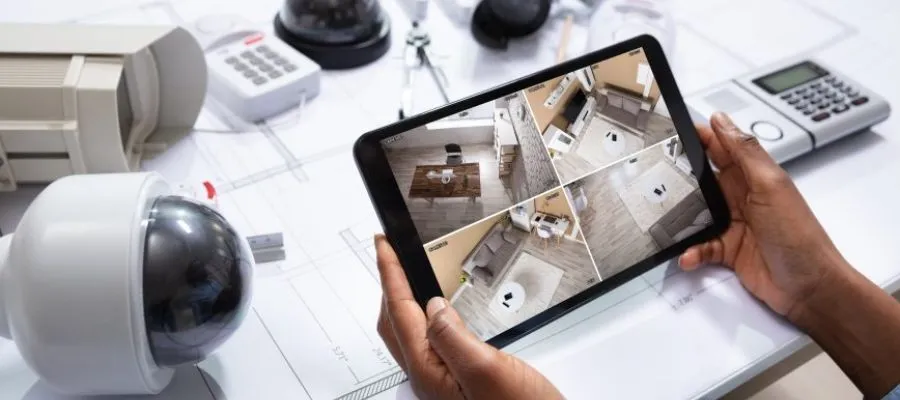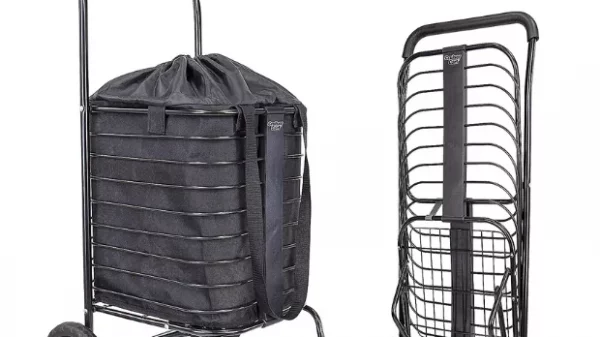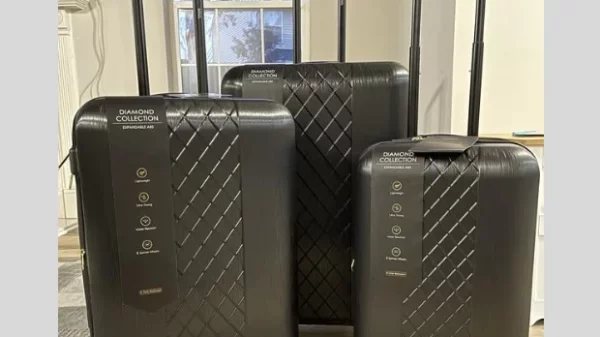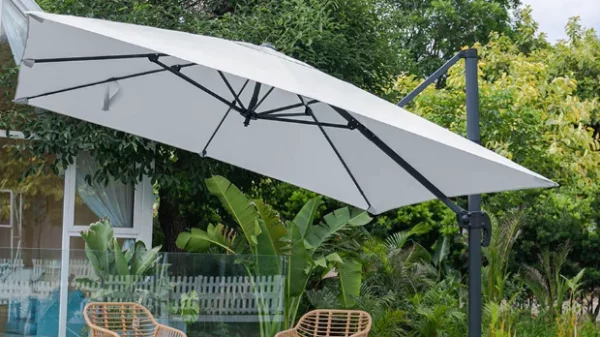
Business security system | hermagic
When it comes to security, running a small business poses a particular set of issues. Small businesses, as opposed to major enterprises with specialized security teams and pricey systems, generally have limited funds and manpower to secure their buildings, assets, data, and workers. This article will guide you through the security concerns that small companies face, how many types of business security systems are available to manage those risks, and how to select the best solution for your needs and budget.
Assessing the Business security systems for Small business
While no business wants to think about bad things happening, it is important to objectively assess the potential security risks that your company is facing so you can cautiously prepare. For break-ins, vandalism, cyberattacks, and data breaches are all common threats. Understanding these risks enables you to put proactive security measures in place, such as business security systems, to reduce attacks and safeguard your company from harm
- Burglary – Theft of cash, equipment, computers, confidential records, or other valuable assets. For retailers, shoplifting also presents a major problem.
- Vandalism – Property damage from vandals or disgruntled customers/employees. Broken windows, spray-painted walls, slashed tires, etc.
- Data Theft – Hackers steal customer information, financial records, trade secrets, or other digital assets through phishing, malware, or breaches.
- Workplace Accidents – Injuries to staff which also represent legal and financial liability for the business.
- Fraud/Embezzlement – Employee theft through point-of-sale scams, skimming cash, or fudging financial reporting.
Properly securing your facilities both physically and digitally helps mitigate these threats.
Physical Security Considerations

Business security system | hermagic
The physical location and attributes of your business impact what types of security systems may be right for you.
Building Type
Office complexes allow for shared security costs with other tenants and often have access control systems built-in. Storefronts on busy streets have more foot traffic and opportunities for smash-and-grab burglaries. Warehouses containing inventory need robust access restrictions and video monitoring. Understanding your specific business’s facility issues is key to identifying security gaps.
Alarm System
Alarms that sound or send alerts when doors open or motion sensors detect can deter burglars as well as alert authorities more quickly after a break-in. Systems range from DIY kits to advanced smart home-connected systems with remote access controls.
Locks
Secure all external doors and internal restricted areas with high-quality deadbolts and lock sets. Change combinations when employees leave and upgrade locks whenever keys go missing.
Lighting
Well-lit exterior areas, pathways, and parking lots help deter criminal activity at night. Place lights high enough to avoid tampering and ensure they work properly.
Video Surveillance
Cameras provide real-time monitoring and video evidence if security incidents occur. Closed circuit TV (CCTV) and IP-based camera networks can be configured to record only during certain hours or continuously depending on your needs.
Digital Asset Security

Business security system | hermagic
While physical security protects buildings and inventory, data and identity protection safeguards customer information and company operations from digital threats.
Endpoint Security
Install antivirus software and firewall protections on all computers, servers, mobile devices, and WiFi networks used for business. Update software regularly and implement cybersecurity policies for employees.
Access Management
Control who can access company data networks and documents containing sensitive information. Never share passwords openly or store them in public folders. Deactivate credentials for departing employees immediately.
Data Backups
Automatically backup computer files, databases, and server volumes regularly to create restorable copies in case of malware, ransomware, or hardware failures. Test restoration periodically.
Payment System Security
Merchants, use trusted payment processors that encrypt transactions and store little customer data. Employ POS systems with updated software, Partner with Identity theft protection services to scan for compromised credentials being sold on the dark web.
How to Select the Right Security System

Business security system | hermagic
Choosing a scalable system tailored to your risk profile and budget takes some savvy shopping. Keep these tips in mind:
Do
- Get quotes from at least 3 vendors
- Ask about remote access capabilities
- Clarify monthly fees for monitoring
- Learn proper use and maintenance
- Understand contract terms and warranties
Don’t
- Overpay for more than you need
- Sacrifice cyber protections
- Use DIY systems for high-risk sites
- Manage systems without training
- Sign long contracts without understanding the terms
Seeking professional guidance:
Most security companies offer free site evaluations to assess vulnerabilities unique to your business and recommend layered protections suited to address them. Large vendors like ADT and Vivint offer recognizable brand names, while local providers may provide more customized service.
Consider scaled, integrated systems:
The most effective yet affordable security balances comprehensive protections with smart integrations that reduce redundancies between physical and digital systems. Combining access controls, alarm monitoring, video surveillance, and managed IT security services, including business security systems, on unified platforms lets small teams maximize coverage while minimizing separate vendors and complications. This integrated approach ensures a seamless and efficient security infrastructure that addresses both physical and digital threats, offering a cost-effective solution for small businesses looking to enhance their overall security posture.
Plan for future flexibility:
As companies change locations, add devices, or adopt new technologies, security systems should evolve as well. Prioritizing mobile interfaces, remote management tools and integrations with business operations systems enables adapting protections as needed with less disruption.
Conclusion
Never assume you are too small or low profile to avoid security risks. Prioritizing protections appropriate for your business’s size and risk empowers you to operate safely, comply with regulations, and gain peace of mind. Consult security experts, evaluate your vulnerabilities, budget wisely, and implement layered controls, such as business security systems, for comprehensive protection. For the best business security systems since your livelihood depends on it learn more about business security systems visit our websites on COX and Hermagic.
FAQs









































































